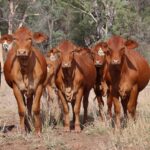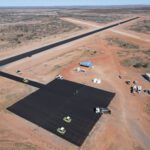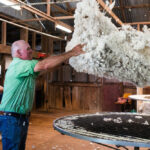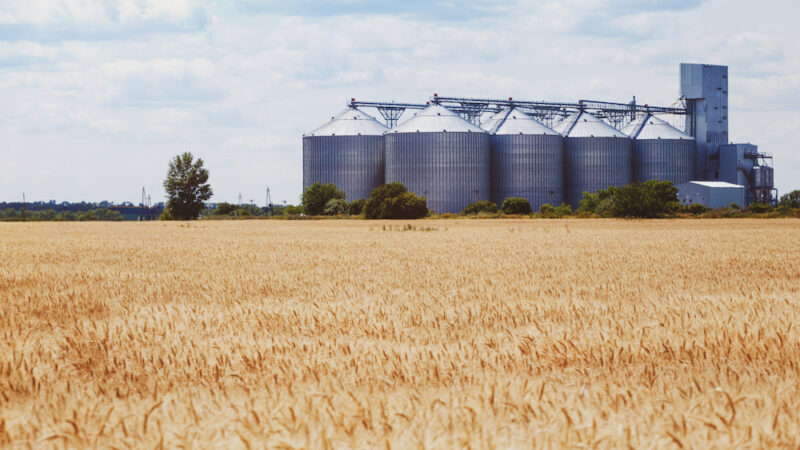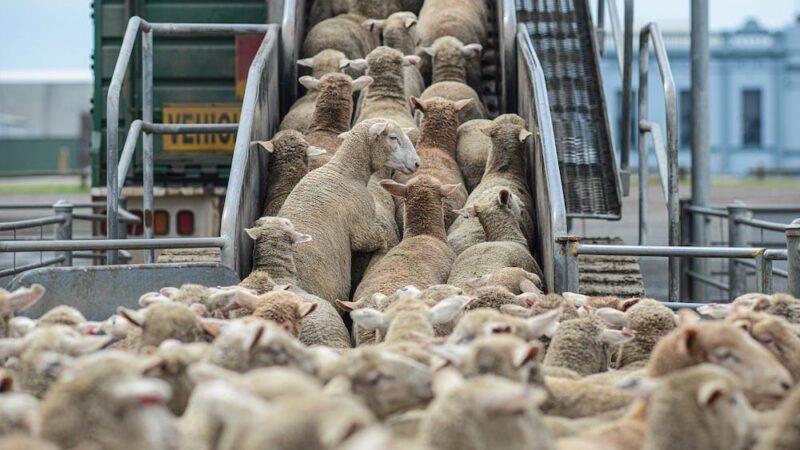Allflex Australia Business Unit Lead, Jane Parker, says Allflex remains the tag of choice for…
The fight for a mandatory poultry Code of Conduct
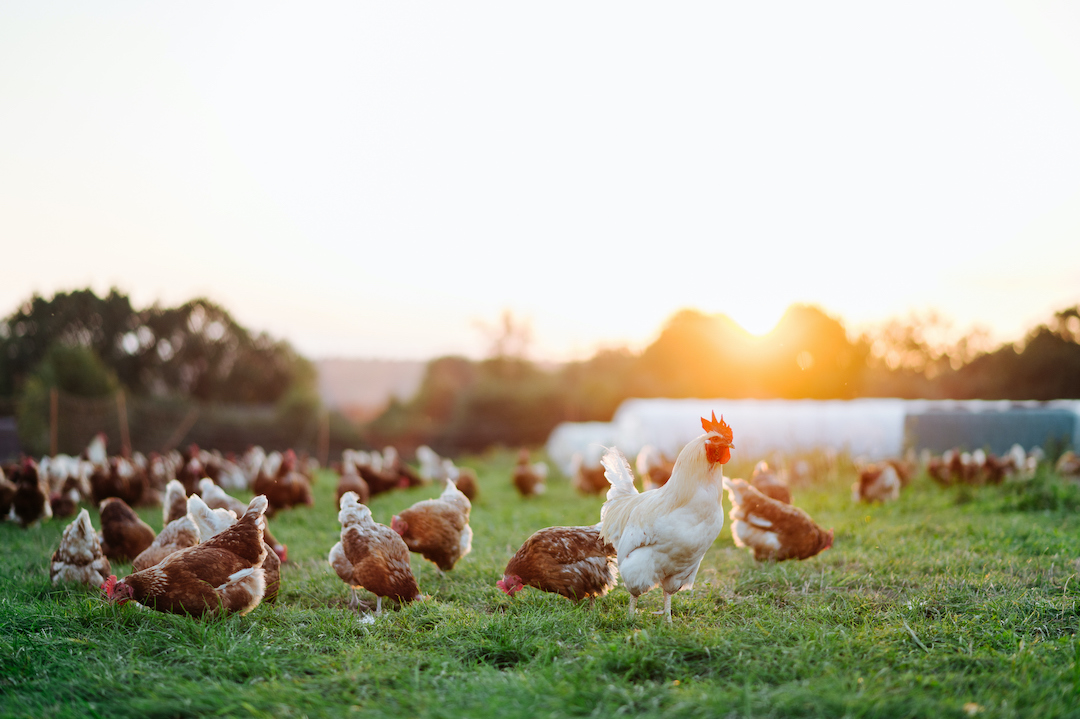
The Farmer exposed the unfair market conditions faced by Australia�s chicken meat farmers back in 2020. A lack of processor competition and market transparency had led to the collapse of eight family chicken farms in the Northern Rivers region and a concerted effort for industry change began.
Four years after The Farmer exposed unfair market conditions most chicken meat farmers still have zero processor competition and zero bargaining power, but the push for fairer market conditions has gained momentum in recent months.�
It�s coming in the form of strong advocacy for a Mandatory Code of Conduct from NSW Farmers, supported by the National Farmers Federation (NFF) and the Australian Chicken Growers Council(ACGC).�
The NFF completed a year-long investigation into the poultry meat sector in April that revealed a widespread lack of market transparency, misuse of market power and economic harm within the poultry meat supply chain.
Much of the investigative work was done by NSW Farmers Poultry Meat Manager David Banham, who spoke to about 150 farmers at workshops across the country and received a further 216 responses to a survey.
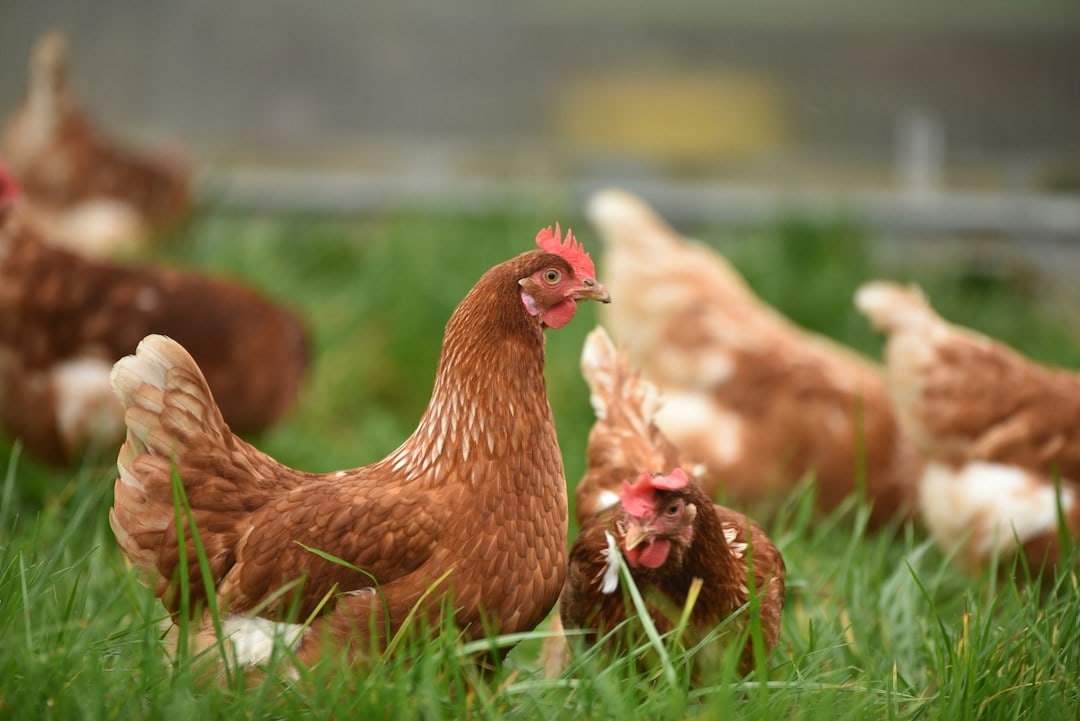
The message from farmers was clear: there was little to no choice in processors, growing contract terms were unfair, and there was a deliberate undermining of collective bargaining efforts.
�There was clear evidence from farmers that there is an inequity in the system,� David said.�
The research project, funded by the Department of Agriculture, Fisheries and Forestry (DAFF), concluded that the Australian Government must implement a mandatory code similar to one introduced in the dairy industry.�
�Administered by the ACCC, the code will provide a regulatory framework that provides confidence and fair trading in the poultry meat supply chain and will support best-practice policy and regulation for growers and processors,� NFF CEO Tony Maher said.
Parts of the project�s final report mirrored findings from the ACCC�s Perishable Agricultural Goods Inquiry in 2020, which highlighted significant concerns about practices in the Australian poultry meat supply chain.
Only one processor � Inghams � accepted the NFF�s invitation to engage in the project. The major processors had been consistent in denying that price transparency between growers and processors was an issue and that a Mandatory Code of Conduct would be of benefit. The chicken meat processing sector�s peak body, the Australian Poultry Industry Association, agreed.
Farmers receive about 33 cents per kilogram to grow out chickens according to the ACGC � the national body for poultry meat farmers. A whole roast chicken from the supermarket, one of the lowest cost retail poultry options, cost about $7.27/kg (based on $12 for a 1.65kg chicken). So at best, growers were getting less than 2.7 per cent of the retail price.
�The reasons why growers want a Mandatory Code of Conduct are the same reasons dairy farmers did nine years ago, and that is they are utterly at the whim of the processor-supermarket consortium,� ACGC CEO Joanne Sillince said.
�It�s even a bigger deal for poultry meat growers as dairy farmers at least had quite a few processors to sell to. In almost all cases, a chook farmer has only one processor to contract to. The only exceptions to that are southern Victoria and South Australia.�
The publicly-listed Inghams Enterprises and the family-owned Baiada Poultry produce 70 per cent of Australia�s chicken. In NSW the market is dominated by Baiada and Cordina, which control predominately separate growing regions.
�There is no question that a Mandatory Code of Conduct is likely to be the only way to engender fair negotiation and some transparency in the supply chain,� Sillince said.
�Having a Mandatory Code of Conduct does not mean you have to negotiate, but it does put enforceability around the negotiation, contracts and the outcome.
�It would give growers the support of the ACCC standing behind them with a very big stick to ensure negotiations were fair. It goes a long way to getting rid of the �take this price or else� mentality.�
The ACGC did receive some feedback from growers who feared the potential for retribution from their processor and did not feel comfortable contributing to the NFF project.
�A Mandatory Code of Conduct would also change the interaction between the supermarkets and processors. For the first time, supermarkets will be able to see what farmers are getting paid,� Sillince said.
�The important part in the NFF report is that the supermarkets are backing a Mandatory Code of Conduct. The ACGC is heartened by the retailer response of offering to commit to a Mandatory Code of Conduct in this industry, and willingness to participate in a more transparent supply chain.�
The NFF�s final report on the project was provided to DAFF and Assistant Minister for Competition, Dr Andrew Leigh, and Treasurer Jim Chalmers.
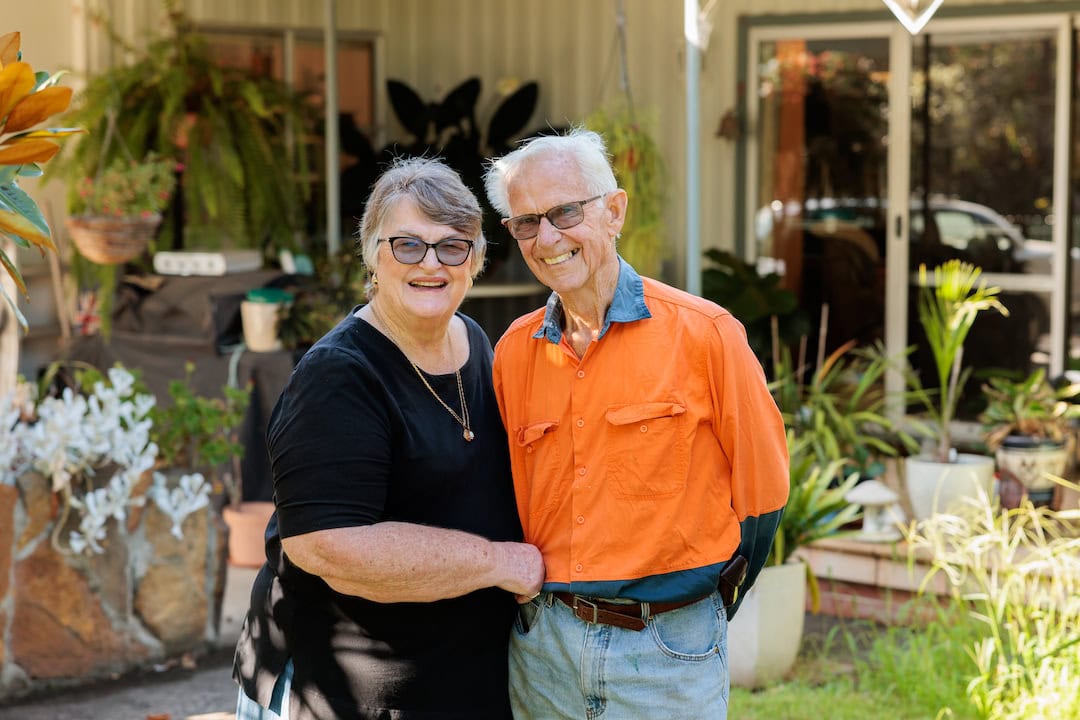
From Junior Farmer to industry champion
Lorraine Wilson�s entry into the poultry meat industry started 64 years ago with a NSW Junior Farmers project to grow out 100 chickens on the family farm at Kulnura.�
�I made 29 pounds and some shillings, and my father thought that wasn�t a bad return. We already had free range laying hens to mainly get rid of the weed problem, which they did,� she said.
Lorraine�s parents Ray and Joan Walpole, who were already growing vegetables, managing a young citrus orchard and producing free range eggs, took the bold step of investing in the first of three poultry meat sheds in 1959.
Lorraine and her husband Rodger have continued the Wyuna Farms poultry meat venture to this day on the 19-hectare farm alongside son Greg and wife Kate. Five grandchildren also help out at different times and enjoy a farm full of activity.
�We�ve always diversified with three different income streams on the farm. It used to be tomatoes, citrus and layers and then it was citrus, layers and meat chickens. We got out of layers and replaced that with a landscape yard.
�The last of the poultry meat sheds was built in 1994, allowing us to have up to 70,000 birds. The sheds and equipment have been upgraded many times especially in the good years and still perform well producing chickens that can get into the top quartile for quality in the contract pool.��
Lorraine credits husband Rodger for much of the farm�s resilience to the challenges that have come to bear, such as the Newcastle disease outbreak in 1999 and a drop in farm gate prices for the citrus crop.
�This farm would not have continued to this day if I had not married my Kiwi farmer. Rodger has played a huge part in the poultry meat business and managing the citrus orchard. He has also been active in the local NSW Farmers horticulture branch, the Chamber of Commerce and Rotary. Not bad for a former sheep and beef farmer in New Zealand.��
Rodger moved to Kulnura in 1965 to help out on the farm when their workers left for high paying jobs on the M1 motorway construction.
�The next two decades were rewarding years of growth with meat chickens, layers and citrus. And we bought another 20-acre block to plant citrus. The farm provided for five families working and mostly living on Wyuna Farms. The citrus tree count reached 11,000 and we stopped growing tomatoes as a cash crop.�
Lorraine said the family has not owned a commercial chicken meat chicken since the Junior Farmers project.�
�It�s always been a contract growing system for poultry meat farmers. It is quite unique for a farming operation to not own its stock.
�We have stuck with it because of the investment we have put into it, and it was a really good industry to be in.
�It started to go off a bit in the 1990s and now it�s not so hot, but we have a big investment in the sheds that can�t really be used for anything else. Our diversification plans were well in place before this and that has kept the farm going. 70,000 chickens these days is not enough for a liveable income.�
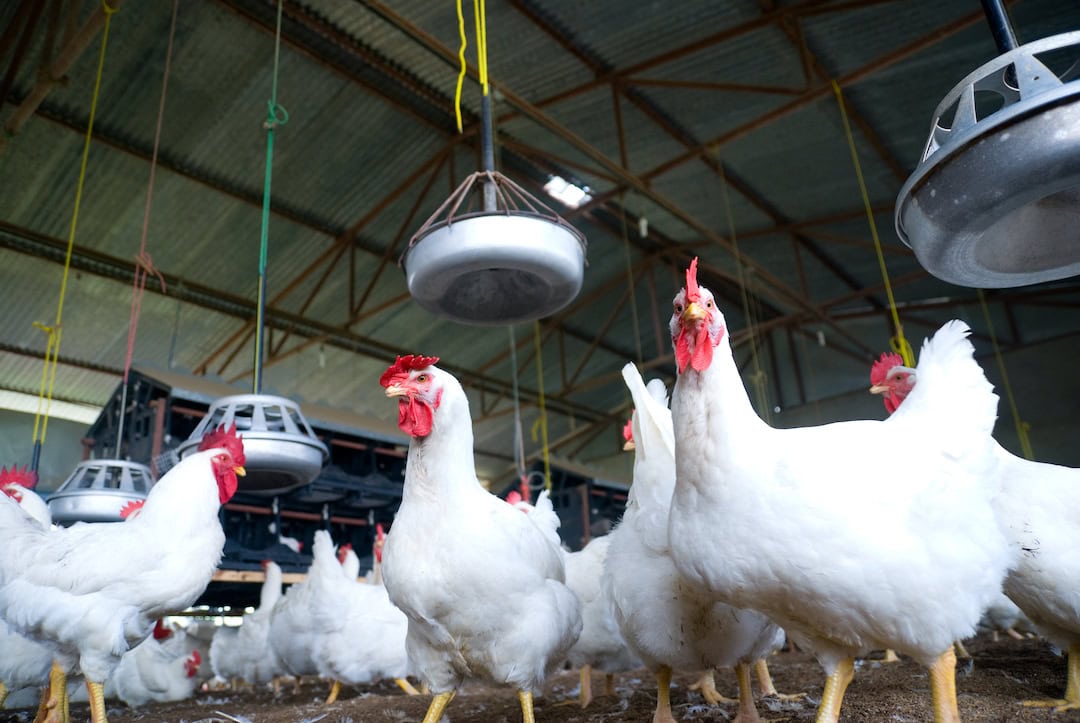
Lorraine said the rise of poultry meat to the top of the food chain for meat consumption has ironically been to the detriment of some smaller family farms.
�In the days when we grew for Inghams, we were only allowed to have three sheds. Chicken meat started to get popular in the 1990s and the processors needed economies of scale to meet market demands and encouraged farmers to expand.��
The Central Coast Plateau remains as one of five major poultry meat producing regions in NSW alongside Tamworth, Griffith, the Sydney Basin and the Hunter region.
Lorraine has been a champion for the poultry meat industry and local food production for decades and currently chairs the NSW Farmers Poultry Meat Committee. She first took up the mantle of representing the industry when Newcastle Disease hit the Central Coast region.
Newcastle Disease reduced income for Wyuna Farms by around 90 per cent for nine months and it took more than a decade for the farm business to recover.
�We had always been members of NSW Farmers, but the impact of Newcastle disease changed everything. I decided that we all needed to take some responsibility to help ourselves and I became active at that time.�
Lorraine takes the same view with addressing the issues of unfair contract terms, no processor competition and lack of transparency that were raised by farmers in the NFF project.
�I just want to see the industry return to one that is successful for everyone in the supply chain, from the farm to the consumer. That�s what made it a good industry to be in and it could be again. We just need to make it attractive again as a family farming business.�
To read about the possibility of geothermal powered poultry meat, click here.


